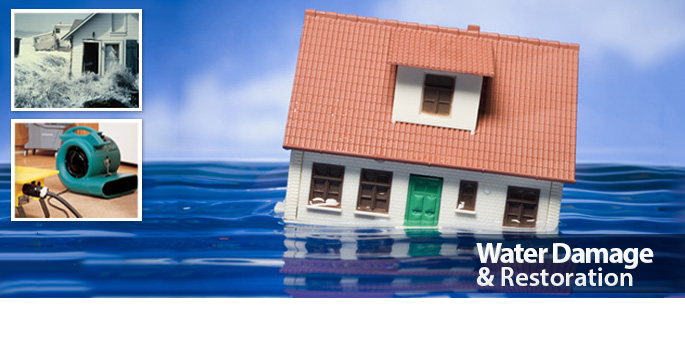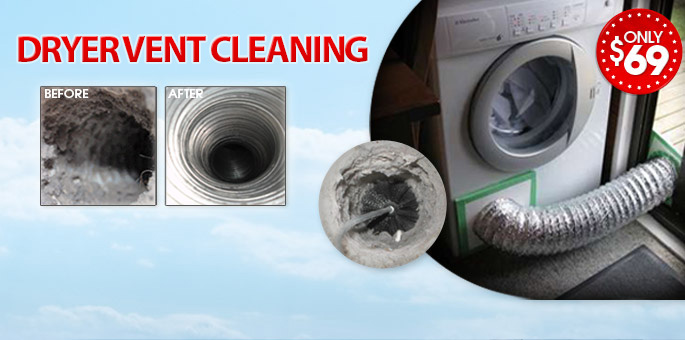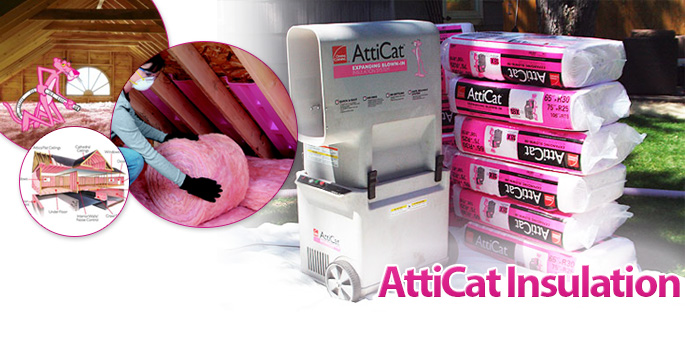Whether it’s for your air conditioning unit, your air purifier or just your vacuum cleaner, choosing the right air filter is important to its performance. Most big-box hardware stores have shelf after shelf to suit practically every need and requirement, but the sheer amount of choice can be overwhelming. With so many air filters on the market to pick from, how do you know you’re getting the right one?
There are three key terms you need to be aware of during the selection process:
- Arrestance – How well a filter removes large particles such as dirt, hair, dust mites and lint from the air.
- Efficiency – How well a filter removes microscopic particles such as dust, pollen, mold, bacteria, and smoke from the air.
- HEPA – A high-efficiency particulate arrestance, or HEPA, filter conforms to the stringent guideline of removing 99.7 percent of particles – 0.3 microns or greater – from the air.
Almost all air filters are graded, listing a percentage of particles removed, using the above criteria.
Some other factors to consider when buying an air filter are:
What will the air filter be used for?
Not all air filters are created equally, and different devices and units have different requirements. HEPA filters can be found for a variety of machines, but are generally hard to come by for residential air conditioning units.
What size filter do you need?
One of the most common errors to make is not knowing the size of air filter you need before heading off to the hardware store. As helpful as the staff may be, it’s not something that should be estimated. A good trick is, once you’ve assessed the size you need, write it down either on the filter frame if available, the unit itself or as a note in your wallet so you have a go-to measurement at hand for next time.
What level of filtration do you require?
There are four rudimentary levels of filtration for most store-bought air filters:
- Basic – collects large particles like household dust, dust mites, lint, pet dander and pollen.
- Good – collects all Basic level particles plus bacteria and mold spores.
- Better – collects all Good level particles plus smoke, pollution, microscopic allergens and many virus-carriers.
- Best – collects all Best level particles plus odor-carrying particles.
*Most filters above Basic level are also electrostatically charged for optimal particle hold.
Will it need to be incinerated when you’re done with it?
The vast majority of air filters have the advantage of being either disposable or washable ones that you can reuse, but if you require a filter to separate out toxic or dangerous substances then it usually needs to be destroyed via incineration. In such a case, be sure to select a filter without metal components so it will burn easier.
Quick Reminders:
While UV light devices may claim to eliminate bacteria and certain particles, making your home healthier and cleaner, they can’t get rid of everything and are no substitute for a good quality air filter. Also, when choosing a new filter, remember that carbon is key if you want to remove odors and VOCs from your home. Keep in mind that a mere few ounces of carbon may not always do the trick, and that the best filtration units use much more.













 The electrical system is clearly the brains inside the house. It controls almost all of the activities and allows you to smoothly perform your daily functions.
The electrical system is clearly the brains inside the house. It controls almost all of the activities and allows you to smoothly perform your daily functions. Since licensed electricians are familiar with the legalities concerning electrical works, they can also help you in these aspects.
Since licensed electricians are familiar with the legalities concerning electrical works, they can also help you in these aspects.